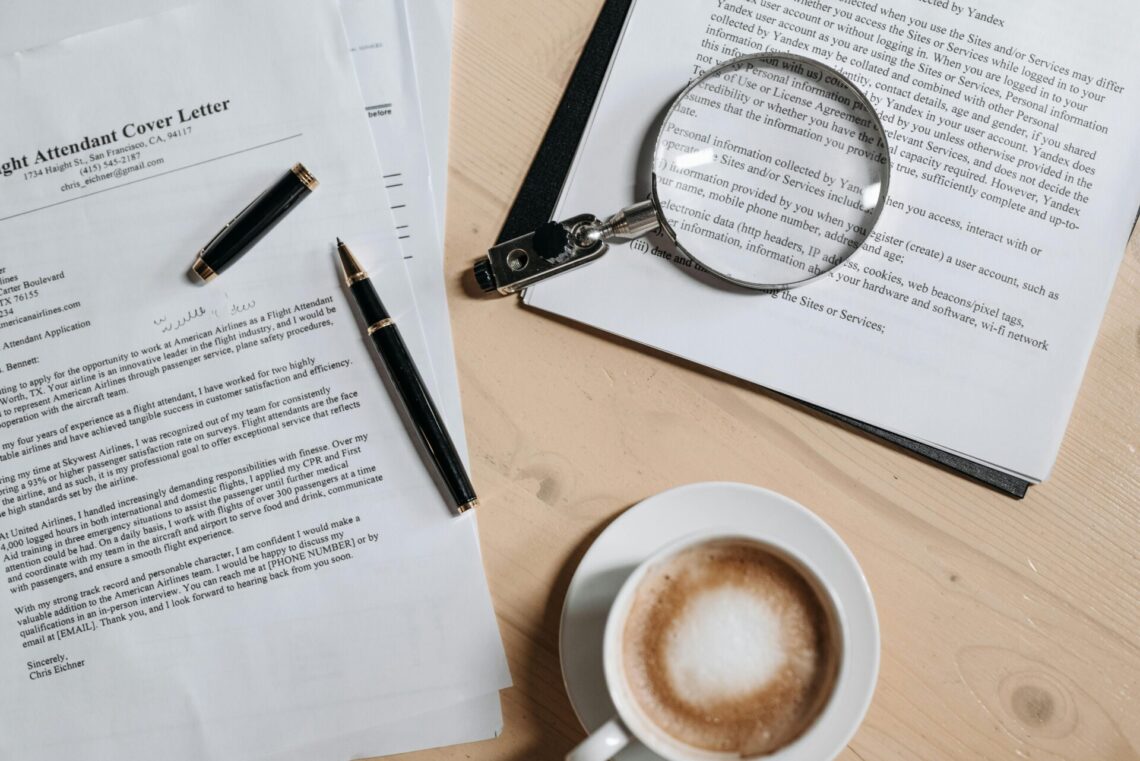If you’re applying for a job and the ad says “attach your resume and cover letter”, it can be tempting to groan, copy and paste something from Google, and hope for the best. But if you’re a young job seeker—or even applying for a volunteer leadership position within your surf club—a good cover letter can be the thing that gets you noticed.
So, what actually is a cover letter? And do people still read them?
Let’s break it down.
What is a cover letter?
A cover letter is a short, professional letter that goes alongside your resume. It introduces you to the person hiring, explains why you’re interested in the role, and highlights the key things that make you a great fit.
Think of it as your personal pitch. Your resume lists your skills and experiences; your cover letter tells the story behind them.
You don’t need to write an essay—just one page is enough.
Do you still need a cover letter?
In short: yes, most of the time.
Even if it’s not strictly required, including a cover letter can give you a major advantage—especially if:
- You’re applying for a job with lots of competition
- You don’t have heaps of work experience but want to show enthusiasm and potential
- You’re applying for something through Surf Life Saving Queensland (like a lifeguard role, leadership program, or youth advisory group) and want to demonstrate your connection to the organisation
Some casual roles (like hospitality or retail) may not need a full letter. But for anything involving responsibility, leadership, or a longer-term commitment—it’s worth taking the time to write one.
What should it include?
A great cover letter includes four simple sections:
-
Introduction
Start with who you are and the role you’re applying for.
Example:
“I’m a dedicated surf lifesaver currently involved with [Your Club], and I’m excited to apply for the casual lifeguard position advertised through SLSQ.” -
Why you’re interested
Show you’ve read the ad. Mention what attracted you to the role or the organisation.
Example:
“I’m passionate about keeping Queenslanders safe on the beach, and this role aligns perfectly with my values and experience as a patrolling member.” -
What makes you a good fit
Pick two or three skills or experiences that relate to the role.
Example:
“Through my patrol experience, I’ve developed strong teamwork, decision-making, and first aid skills. I also recently completed my IRB Crew award, demonstrating my commitment to continued learning.” -
Wrap it up
Finish politely and express your interest in an interview.
Example:
“Thank you for considering my application. I’d love the opportunity to contribute to your team and would welcome the chance to speak further.”
Tips for standing out
- Keep it short and tailored. Don’t recycle the same letter for every job—tweak it to match the ad.
- Use plain English. You don’t need big words or buzzwords. Be professional, but sound like you.
- Avoid clichés. “Hard-working team player” is on everyone’s letter. Use real examples instead.
- Proofread it. Spelling and grammar mistakes make a bad first impression. Ask someone to check it or read it aloud to yourself.
What if I don’t have much experience?
That’s okay. Focus on your strengths—attitude, willingness to learn, teamwork, and community involvement. Lifesaving experience counts for a lot. You’ve probably dealt with responsibility, pressure, and teamwork more than you realise.
Example:
“While I’m new to the workforce, I’ve spent the past two seasons volunteering on patrol with Surf Life Saving Queensland. This role has taught me the importance of communication, quick thinking, and keeping calm in high-pressure situations.”
Final thoughts
Cover letters are your chance to show the human behind the resume. They don’t need to be fancy or formal—they just need to be real, relevant, and respectful.
If you’re applying for a new job, a scholarship, or even a leadership opportunity in your club, don’t skip it. Taking 30 minutes to write a thoughtful cover letter can make all the difference.
And if you’re not sure where to start? Ask your patrol captain, club mentor, or a teammate. We’re a lifesaving community—helping each other grow is what we do.
